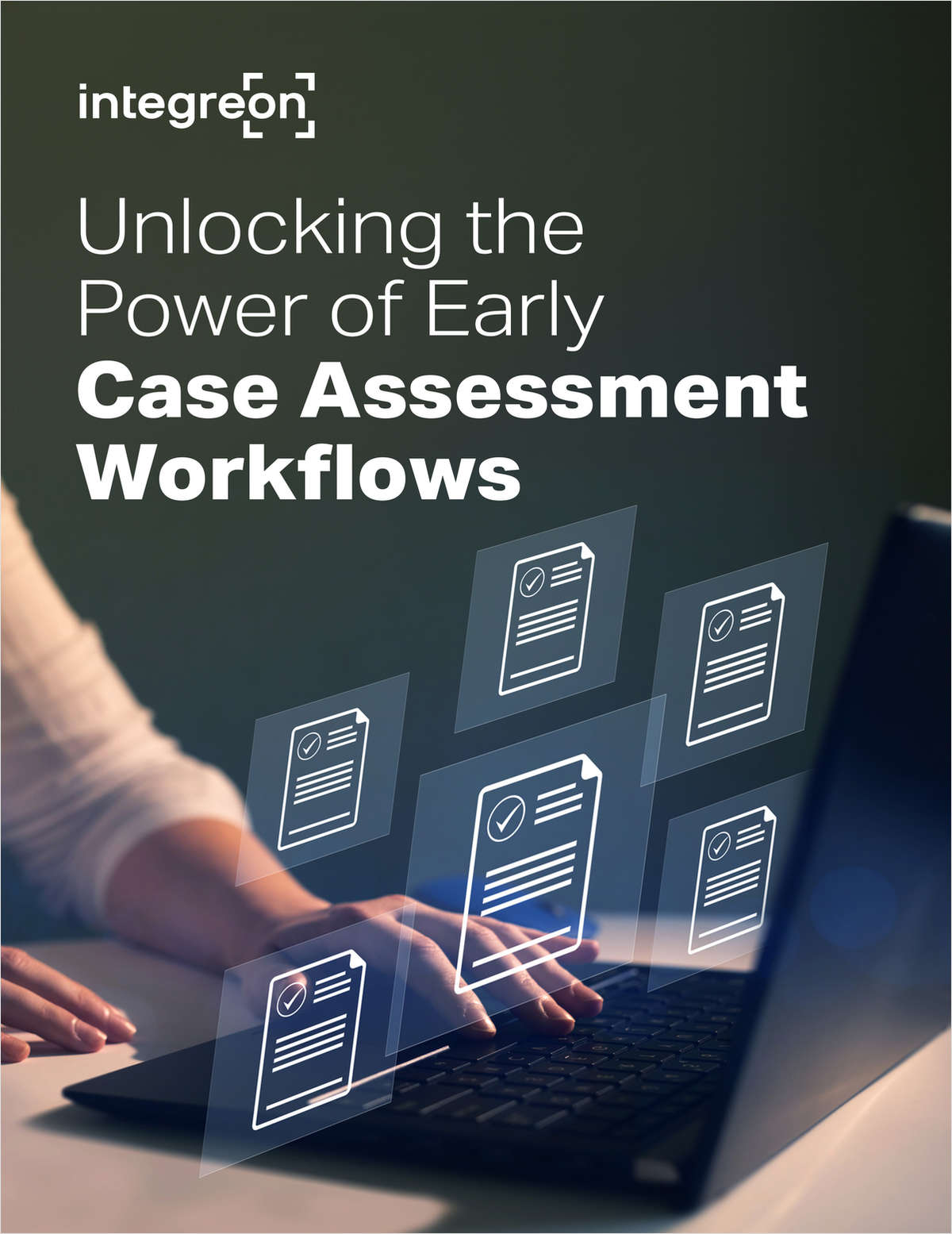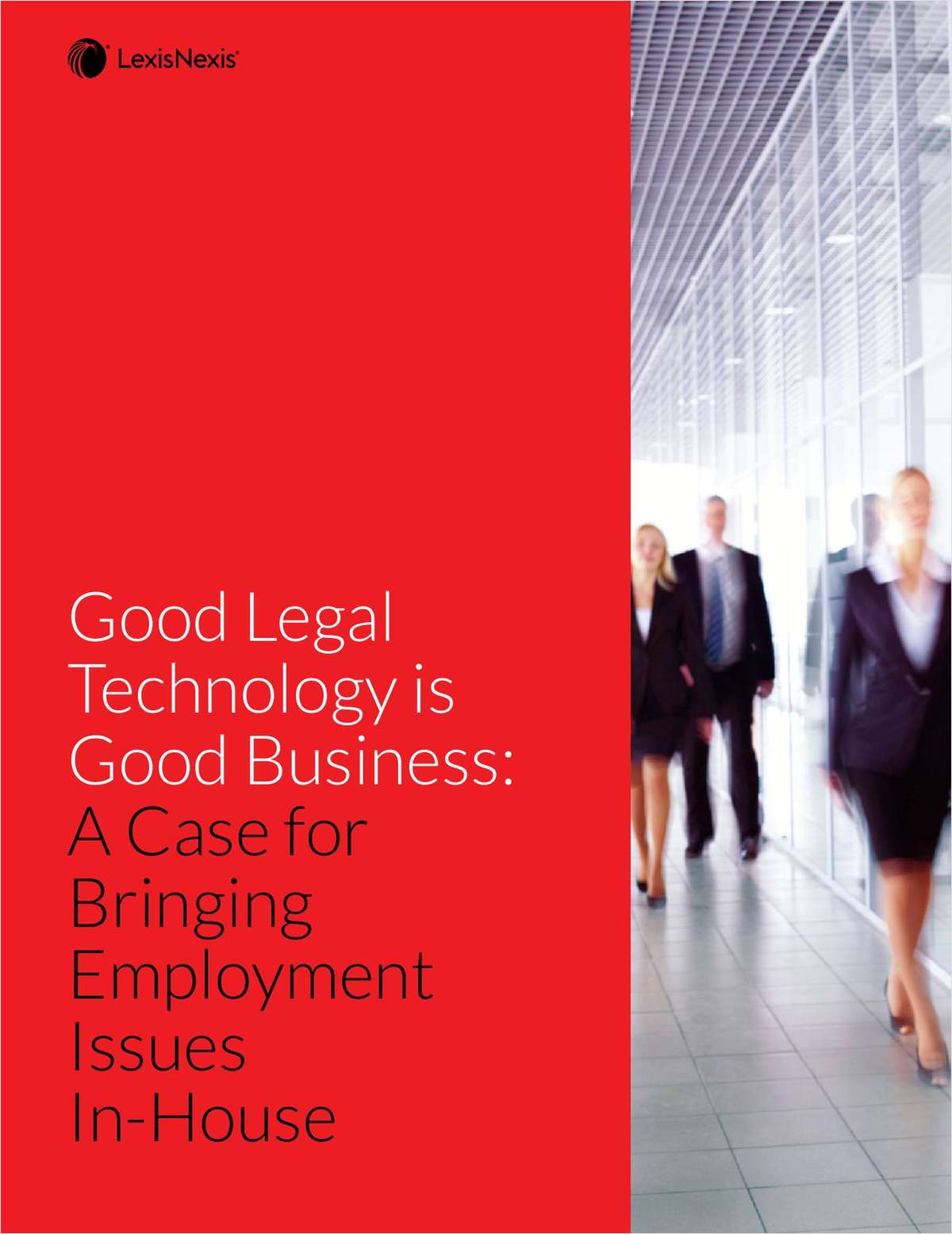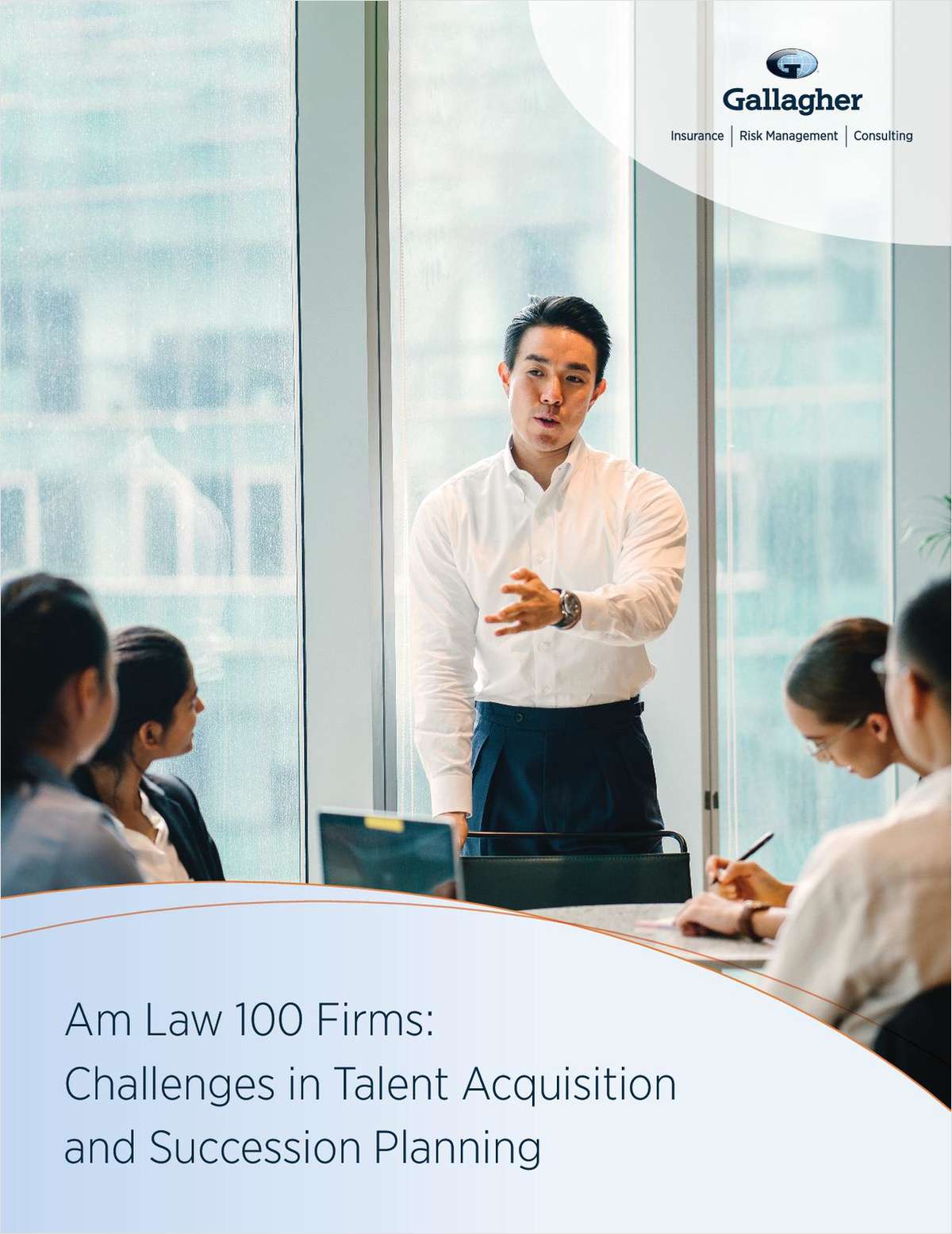0 results for 'Cornell University'

What I Learned in a D.C. Hotel
We think we shape life. That's wrong. Life shapes us. All readers know how they first learned this. Here's my story, one that will help corporate counsel when it comes to deciding whether to impose the equivalent of capital punishment in employment: termination.

Legal Wrangling Stalls 9/11 Workers' Suits
More than five years after terrorists took down the World Trade Center, the stalemated litigation over compensation for workers who suffered respiratory ailments clearing the disaster site has been so hard-fought that not a single case has been settled under a $1 billion captive insurance fund established by the federal government. At a recent status conference, Southern District of New York Judge Alvin K. Hellerstein said he was determined to put the city's "feet to the fire" and "move this case."
Alito, in First Opinion as a Justice, Backs Criminal Defendants' Right
Justice Samuel Alito Jr. penned his first opinion on the Supreme Court last Monday, holding that states may not prevent criminal defendants from introducing evidence at trial that another person committed the crime.
Internet Sources: Authentication & Admissibility
With such daily reliance on Web sites, the substance of which may not be verifiable, it is not surprising that issues of evidentiary authentication and admissibility of Internet sources under the Federal Rules of Evidence are coming under judicial review. The reliability of information contained on a large number of sites and the ability of sites, whether completely accurate or not, to shape certain perceptions have given rise to questions about dependability in a legal context.
Aim Before Firing: Apply Principled Compassion to Termination Decisions
We think we shape life. That's wrong. Life shapes us. All readers know how they first learned this. Here's my story, one that will help corporate counsel when it comes to deciding whether to impose the equivalent of capital punishment in employment: termination.



More from ALM
- Morgan & Morgan Class Action Attorneys Detail Pathway to Success Within Cybersecurity and Data Privacy Practice 1 minute read
- Holwell Shuster & Goldberg Partners Leverage 'Hostile' Witnesses to Secure $101 Million Verdict Against Walmart 1 minute read
- Legal Speak at General Counsel Conference Midwest 2024: Mike Andolina, Partner, White & Case 1 minute read
Resources

Unlocking the Power of Early Case Assessment Workflows
Brought to you by Integreon
Download Now

Good Legal Technology is Good Business: A Case for Bringing Employment Issues In-House
Brought to you by LexisNexis®
Download Now

Insights and Strategies for Effective Succession Planning in AM Law 100 Firms
Brought to you by Gallagher
Download Now

State AI Legislation Is on the Move in 2024
Brought to you by LexisNexis®
Download Now



